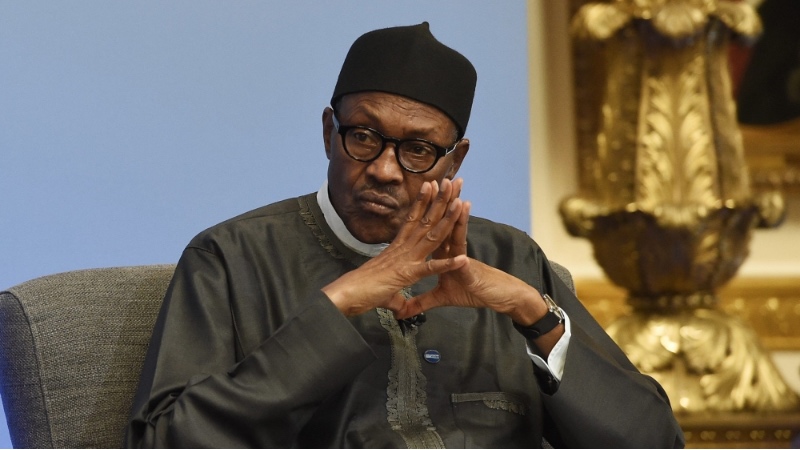
Buhari was elected president of Nigeria, Africa's largest economy and top oil producer, in 2015. The former army general became President in his fourth attempt at leaderdship since he was ousted from power in a military coup in 1985. He was among military strongmen who dominated Nigeria decades ago. A military coup brought him to power in 1983, and another military coup toppled him two years later.
In 2017 Buhari spent long periods in London receiving medical treatment for an undisclosed ailment, on one occasion leaving Nigeria for more than three months. His absence prompted intense speculation in the country about the president's health and many false reports circulated online saying he had died. Recently, Buhari has been the subject of media speculation for weeks after the pro-Biafran leader, Nnamdi Kanu, in his message to the world from Israel said Buhari was dead and and has been replaced by one 'Jubril Aminu Al-Sudani' as a double. However, President Buhari himself told the Nigerian community in Poland that he was the real deal and not a clone.
Buhari was in Poland to attend the UN Climate Change Conference, COP24. Stated that some people were hoping he would die during his ill health. The president said the believe that he had died had prompted people people to reach out to the Vice President Yemi Osibanjo asking to be his deputy. However, he has denied that he is 'Jubril from Sudan' as alleged in many quaters and promised to celebrate his 76th birthday soon.
So why does a story of an impostor President resonate so much with Nigerians?
The world has witnessed the extent African leaders go to maintain their hold on power even when their bodies are not healthy enough to sustain the rigours of office. Nigeria, particularly, has a history of presidents (and ironically, all from the same region of Nigeria) who clung to power despite bebilitating sickness. Buhari too has been sick, and he has been shady about it. The drama around Buhari's health condition has not taken the ruthless turn of Sani Abacha's own neither has it descended to the level of pranks that marked Umaru Yar'Adua's last days. However, there are already similarities between those previous instances and Buhari's health condition, his body's ability to withstand the demands of the office of president, and his inability to come clean about his health status. Those who witnessed how Buhari's predecessors who died in office handled their health issues before they yielded to mortality are begining to imagine another grand deception being staged by a cabal that wants to remain in power by every means possible.
The second reason why this story reverberates among the populace is because of alienation. The fiction of an impostor President makes sense to those who believe it because it speaks to a certain feeling among Nigerians, and that is the sense of alienation between the ruler and the ruled. The fiction of an impostor President makes sense to those who believe it because it speaks to a certain feeling among Nigerians, and that is the sense of alienation between the ruler and the ruled. The "Jubril" and "Sudan" tropes are playing out of their imagination as an articulation of the gnawing distance between the leaders and the people.This is a perfect metaphor that expresses the enstrangement of the presidency from Nigerians. Some Nigerians feel the Buhari government operates like a cult run by a cabal. His wife confirmed that two persons are holding the government hostage. It is not surprising therefore that Jubril is an outlet for people to express their irritation with a government that is absent from itself.







